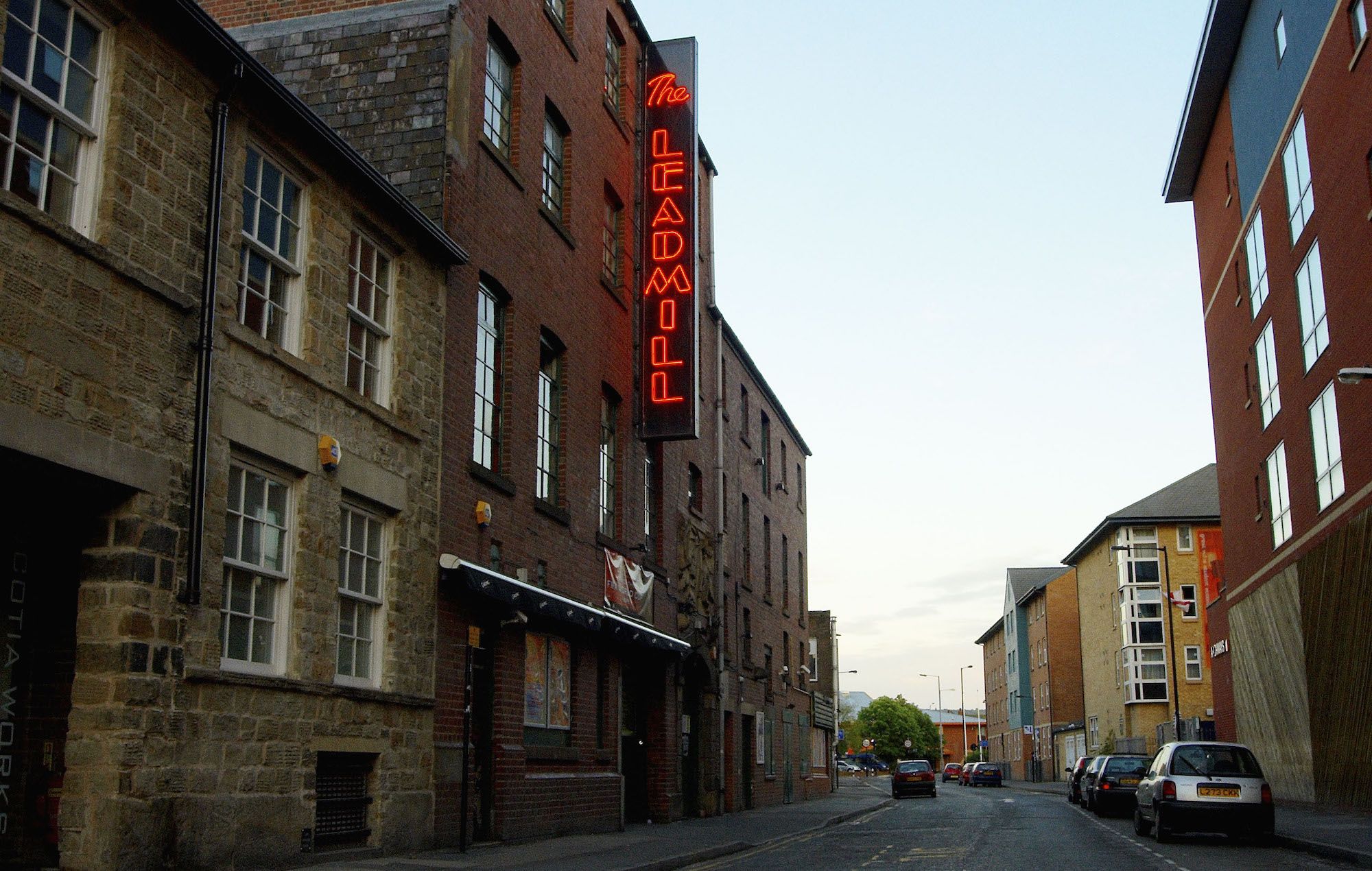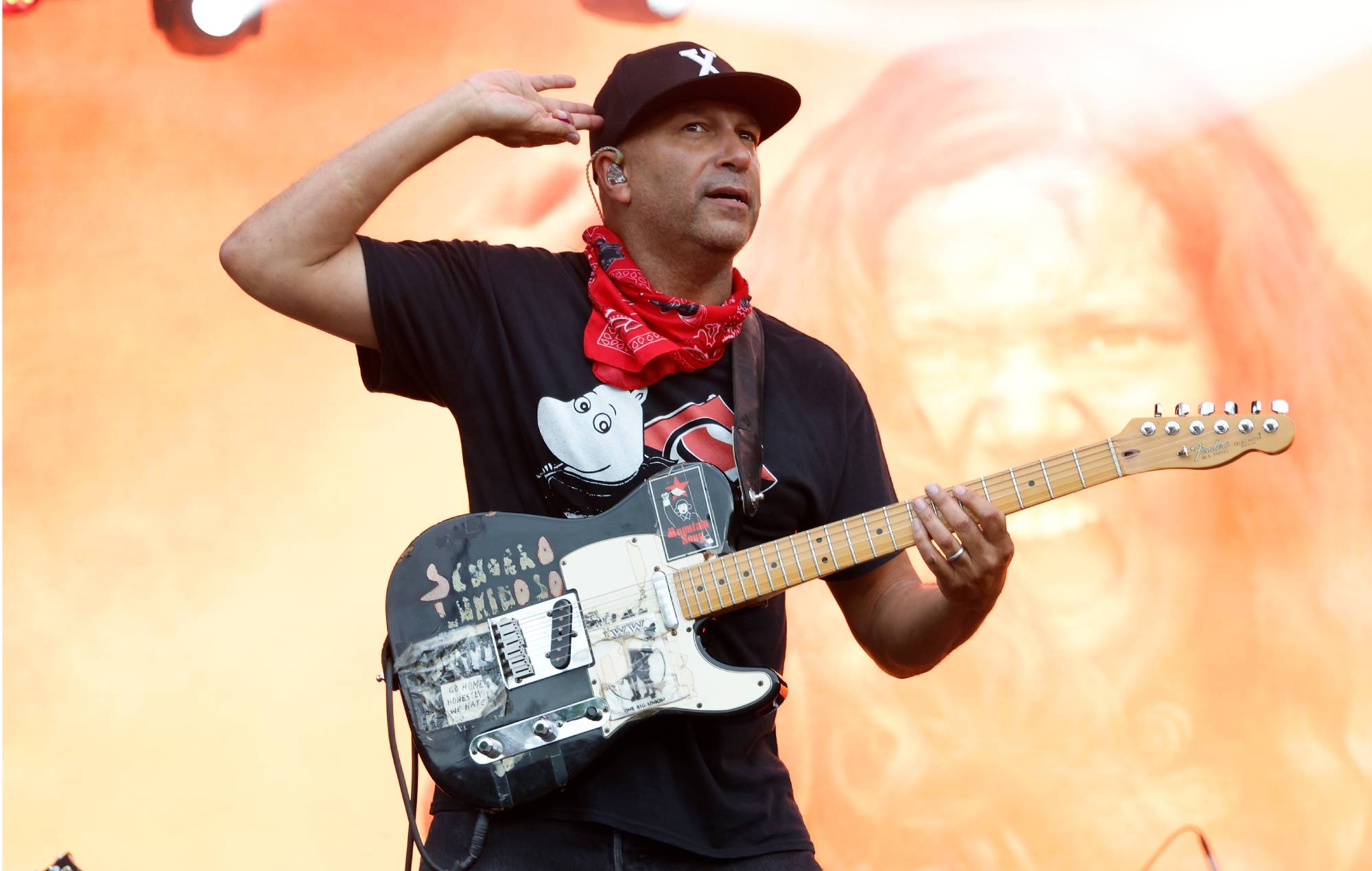
Figures from the UK music industry have been reacting to Liz Truss’ plan to tackle rising energy costs.
The Prime Minister today (September 8) announced households will pay no more than £2,500 annually for its gas and electricity bills from the start of October while a six-month scheme for businesses, will provide equivalent support over the winter.
Further targeted support for specific industries are set to follow after that, with a review in three months to decide which sectors should benefit, reports Sky News.
There is currently no cap on energy costs for businesses and a specific figure on support has not been given due to differences in how the wholesale energy market operates compared to the retail market.
Some music venues have recently reported their bills rising by between 300 and 740 per cent, according to Music Week, raising costs of running the spaces by tens of thousands of pounds.
I will deal hands-on with the energy crisis.
Today I will take action to make sure people are not facing unaffordable energy bills and to secure our future energy supply. pic.twitter.com/qHMKad92Sb
— Liz Truss (@trussliz) September 8, 2022
“We will take immediate action to help people and businesses with their bills and tackle the root cause of these problems, so that we are not in this position again,” said Truss.
But many figures in the UK industry were unhappy with the measures.
“We are extremely disappointed at the announcement by the Prime Minister today, this half measure package is tantamount to the delivery of support experienced during the pandemic, but lacks considerable detail to alleviate current business concerns,” wrote Michael Kill CEO of the Night Time Industries Association.
“”We have no time for drip fed support, or to await the impact assessment of incremental measures, this needs to be a concise and immediately accessible package, which is proportionate and scalable.
“As the first major announcement of the Prime Minister and Chancellor’s tenure, the Government has failed businesses today, and with mounting debt across the sector we will see many have no choice but to consider the future, placing thousands of jobs at risk in the coming weeks.”
Meanwhile, Music Venue Trust Venue Support Manager, Clara Cullen said the policy “only goes some way in alleviating the challenge”.
She argued: “The financial impact of the energy price rises on the Grassroots Music Venue sector presents an existential challenge. For a sector with a total gross turnover of £399 million, the current rise equates to an additional £90 million in costs.
“The policy announced today only goes some way in alleviating the challenge, in the very short-term, by creating an energy price cap for businesses that will be in place for an initial six months. The Government has committed to reviewing this policy in conjunction with the hospitality sector. Music Venue Trust will contribute to this review to ensure the perspective of Grassroots Music Venues are included in this decision-making process.”

She continued: “As the policy announced today is only a temporary short-term measure, Music Venue Trust urges the Government to take further action to ensure a long-term solution for energy provision for Grassroots Music Venues providing an energy supply which is affordable, reliable and sustainable. We need this action to take place as soon as possible to protect, secure and improve our Grassroots Music Venues.”
The latest announcement comes after a recent stark warning by UK music industry figures that the impending energy crisis could pose a greater threat to UK grassroots music venues than the COVID pandemic.
MVT CEO Mark Davyd told NME in August: “It feels weird to say it, but unlike during COVID when you could go, ‘OK, we need to raise some money now because in a year’s time the venues will be open’, we can’t do that now because they’ll have to pay another electricity bill next year and the year after that, obviously. I can’t see any end to this unless venues put their prices up.”
The MVT also recently laid out its demands for the government’s new Culture Secretary Michelle Donelan, covering the energy crisis and low subsidies.
This comes as the UK music industry also spoke of how the government’s inaction of Brexit touring issues is “strangling the next generation of UK talent in the cradle“.
Meanwhile, a campaign to stop music venues from taking a cut of artists’ merchandise sales is proving successful, but campaigners say that more live music spaces still need to sign up.







